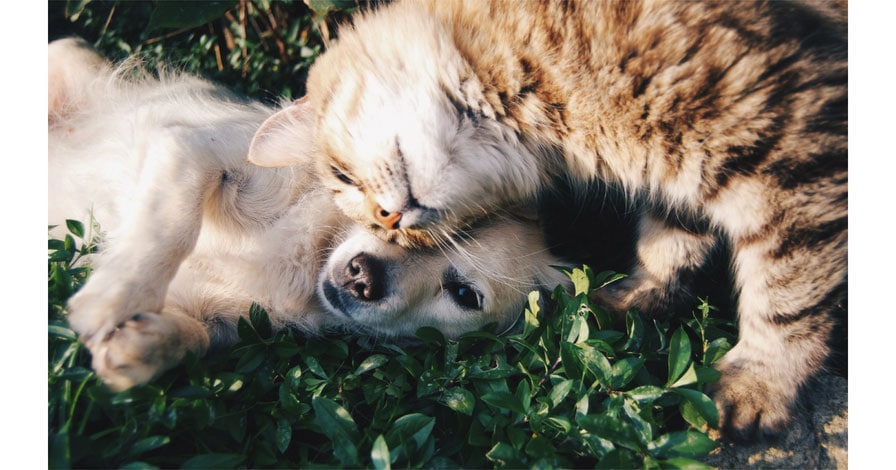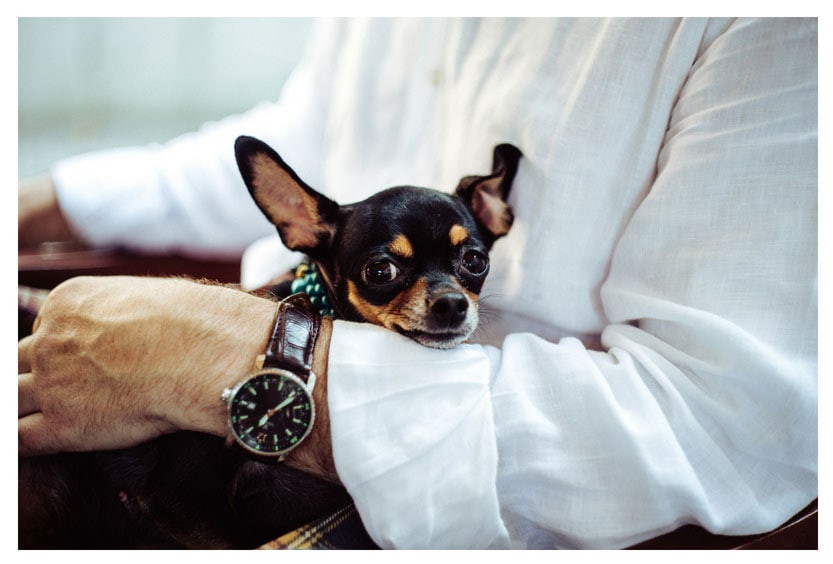
Who Gets the Pets in Divorce?
Pets and Divorce
Most people consider pets part of the family, but the law does not take the same view. In Texas, pets are considered property. This means Spot and Fido are subject to the same laws regarding property division, including separate and community property. In other words, they fall in the same category as the house, furniture, cars, and jewelry.
So who gets to keep the pets in divorce? Texas is a community property state with rules that mandate property must be divided in a “just and right” manner. You are not guaranteed a 50-50 property split and there are no assurances that your beloved pet will be going home with you. That’s why it’s important to have a plan for pets in case of divorce or, if possible, reach an agreement with your spouse. Here is what you should know and some answers to frequently asked questions.
How can I keep my pets in divorce?
Write down your wishes regarding your pets. If you have not gotten married yet, consider putting provisions about who will keep pets in a pre-marital (prenuptial) agreement. If you have split up, put your pet-related desires in a property division agreement and in any proposed agreements. If you are married already, you can sign a post-nuptial agreement with provisions about pet care and possession should the marriage end in divorce. This is not a guarantee, but it is an important step in helping you keep your fur family.

If there is a written legal agreement in place about pets, the judge will look at the language of the agreement. As long as it spells out pet ownership provisions, the judge will generally agree to it. This type of agreement should contain at least the following:
- Provisions for pet ownership if the relationship ends
- The character/type of property the pet is, meaning separate property (acquired before marriage, or by gift, devise, or descent) or community property (acquired during marriage)
- If the pet is community property, details on the responsibilities of each party to the pet during the relationship (describe who fed the pet, provided for daily needs, paid for bills, has more attachments, etc.)
If the pet is your separate property, so long as you can prove it if necessary, the process should lead to you getting full custody of the pet. If the pet is community property, you will likely have to show reasons why you are better suited to get to keep the pet. There are factors the court uses to determine who gets to keep the pet in cases of community property.
What factors will the court use to determine pet custody?
In child-custody cases, courts look to the best interests of the child to determine custody arrangements. For pets, courts use a similar evaluation process to determine who gets to keep pets in a property division case including:
- Which party has been acting as the main caregiver for the pet?
- Has either party neglected the pet in any way?
- Which party takes care of the pet on a daily basis, providing food, walks, and other needs?
- Is one party away from home or traveling a lot?
- Is either party the primary custodian for children that are attached to the pets emotionally?
 Important note: Even if the initial pet was your separate property, any offspring of that pet that are born during your relationship are considered community property. This means they would be subject to analysis on factors like the ones above.
Important note: Even if the initial pet was your separate property, any offspring of that pet that are born during your relationship are considered community property. This means they would be subject to analysis on factors like the ones above.
Can I get visitation for my pet if my ex-spouse got custody of it?
Probably not. However, if you and your spouse have a written agreement that expressly states that you get to visit your pet, generally judges will uphold this. For example, if you have to travel twice a month for work and you adopted a dog with your spouse while married, consider having them pet sit while you are away on business. You get to keep the pet, but you also have a pet sitter when you are gone and have appeased your spouse. Solutions like these can help you reach an amicable solution and get the judge to award you primary custody.
Does a judge have the power to order that the pet is sold?
The short answer is yes. Shocking? Also, yes. You may be thinking, “over my dead body!” However, it’s important to remember that judges consider pets property, not family. If you want the best chance of keeping your pet, put property agreements with pet provisions in writing and try to keep things from getting too contentious in court regarding the pets. Judges rarely opt to sell the pet and divide the proceeds among parties, but they do have the power to do so.
How can I prove that my pet is separate property?
Document it. Keep any receipts from when you got/adopted the pet. If the pet was taken in as a stray, keep vet bills and other documents showing you paid for the pet’s care and when you began caring for it. If you have a photo of the pet being gifted to you – think puppy with a bow around it or in a gift box being handed to you – that will also be a good indication that the pet is your separate property.
What should I know about keeping my pets?
You should remember that Texas is a community property state. In reality, this means that if you cannot come to an agreement with your spouse over who gets the pets or if your pets are not your separate property, the court may order you to give an asset to your spouse that is of equal value to your pet. If you do not have an asset that covers the cost, the pet could be sold and the proceeds from the sale would likely be split among parties. The easiest way to get to keep your shared pets is to have a written, signed agreement by the parties involved describing who gets the pet and why.
Contact Us
At Varghese Summersett Family Law Group, we deeply care about pets and understand the emotional toll a divorce can take on family, including fur family. If you are thinking about getting divorced and want an attorney that will fight for your best interests, call us at (817) 900-3220.



